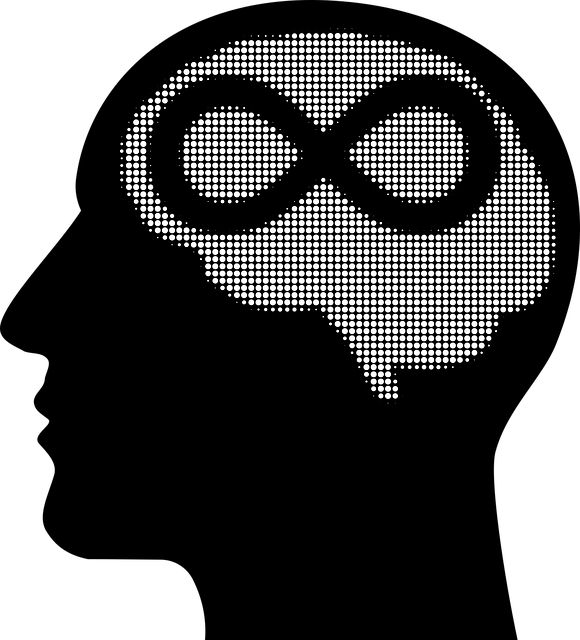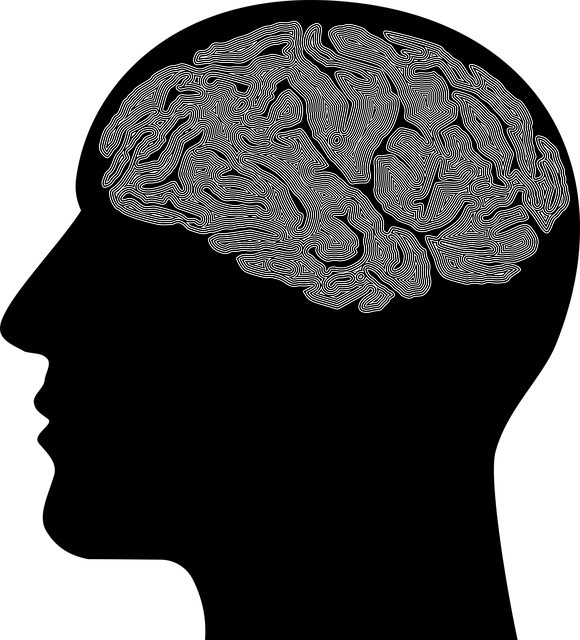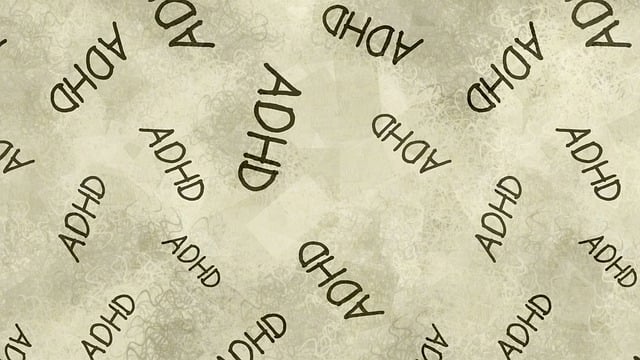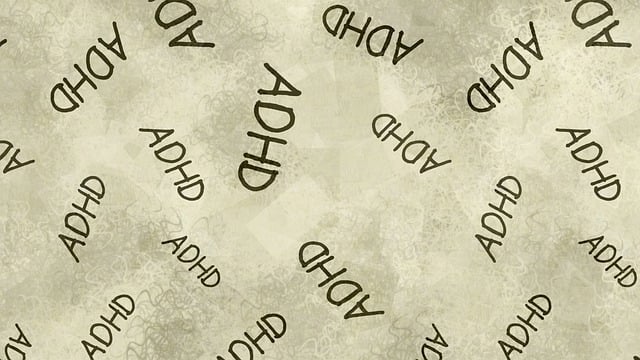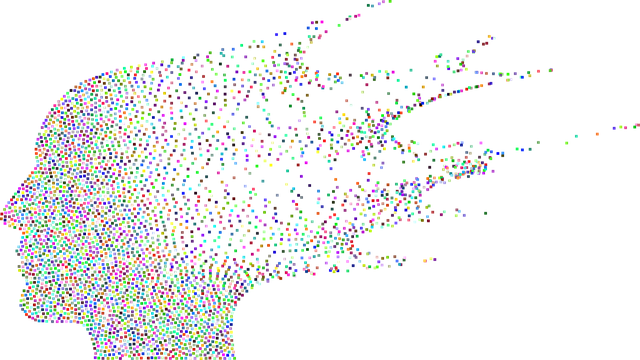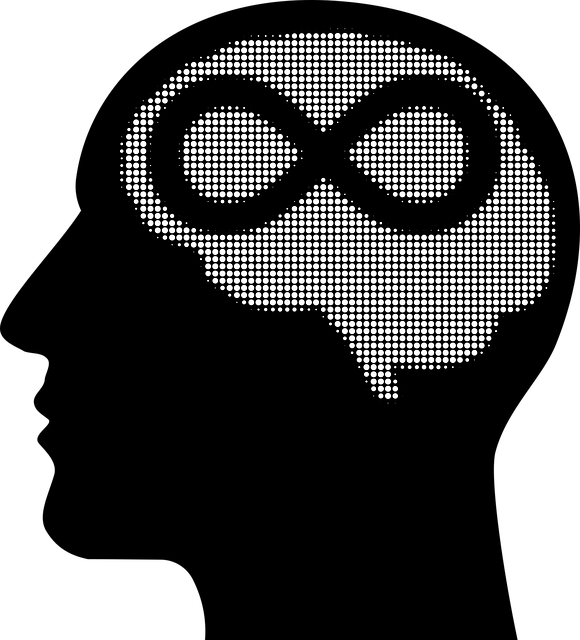Boulder Anger Management Therapy (BAMT) offers a unique, comprehensive approach to emotional regulation, focusing on anger management and mental wellness through personalized communication strategies, risk assessments, and powerful tools like RFM (Reconnection, Focus, Mastery) exercises. Combining these with physical exercise enhances overall well-being, cultivates mental resilience, promotes better sleep, and improves mood. Deep breathing and mindfulness practices, integral to BAMT, provide momentary pauses to respond constructively instead of reactively, fostering self-calming strategies and emotional regulation skills beneficial for healthcare providers facing burnout. Regularly Facilitated Mindfulness (RFM) exercises, accessible through daily practice, significantly boost resilience and overall well-being, aligning with stress management workshops' sustainable skill development.
“Unleash your inner resilience with an exploration of the powerful RFM (Recovery, Flexibility, and Mastery) framework, designed to revolutionize anger management. This article guides you through a holistic approach to emotional well-being, starting with ‘Boulder Anger Management Therapy’—a cutting-edge therapy type renowned for its innovative techniques.
We delve into the science behind physical exercise as a catalyst for mental resilience, offering practical strategies and tips to integrate RFM exercises into your daily routine for long-lasting anger control and emotional balance.”
- Understanding RFM: A Framework for Resilience and Anger Management
- Boulder Anger Management Therapy: An Innovative Approach to Emotional Regulation
- The Role of Physical Exercise in Building Mental Resilience
- Techniques to Enhance Anger Control and Self-Calming Strategies
- Incorporating RFM Exercises into Daily Life: Tips for Sustainable Change
Understanding RFM: A Framework for Resilience and Anger Management

Resilience is a crucial aspect of emotional well-being, especially when it comes to managing anger effectively. This is where the RFM framework—a powerful tool in Boulder Anger Management Therapy—steps into the spotlight. RFM stands for Reconnection, Focus, and Mastery, each component designed to enhance an individual’s ability to cope with challenging situations and emotions, particularly anger.
By understanding and applying this framework, individuals can engage in self-awareness exercises that boost confidence and improve their overall resilience. The process encourages individuals to reconnect with their feelings, set focused goals for managing anger, and ultimately gain mastery over their reactions. This not only aids in resolving conflicts more constructively but also fosters healthier relationships and a greater sense of emotional control.
Boulder Anger Management Therapy: An Innovative Approach to Emotional Regulation

Boulder Anger Management Therapy (BAMT) is an innovative approach to emotional regulation that offers a unique perspective on managing anger and improving mental wellness. This therapy goes beyond traditional methods by incorporating various communication strategies tailored to individual needs. Through BAMT, clients learn to navigate their emotions effectively, fostering better relationships and enhancing their overall resilience.
The program’s effectiveness lies in its comprehensive risk assessment for mental health professionals, ensuring a personalized experience. By understanding the underlying causes of anger, participants gain valuable insights into their triggers and develop strategies to respond constructively. This approach not only benefits individuals struggling with anger but also equips them with lifelong skills to manage stress and maintain emotional balance, contributing to improved mental health outcomes.
The Role of Physical Exercise in Building Mental Resilience

Physical exercise plays a pivotal role in bolstering mental resilience, serving as a powerful tool within the realm of Boulder Anger Management Therapy. Beyond its well-documented physical benefits, regular activity significantly impacts our psychological state, fostering a sense of calm and empowerment. When individuals engage in resilience building exercises like mindfulness meditation or structured workouts, they cultivate self-care practices that become essential for managing stress and anger effectively.
Incorporating physical exercise into one’s routine can act as a form of therapy, allowing individuals to channel their emotions into productive outlets. This process not only reduces the intensity of anger but also enhances overall well-being by promoting better sleep, improving mood, and increasing self-awareness—all crucial aspects for navigating life’s challenges with resilience and equanimity.
Techniques to Enhance Anger Control and Self-Calming Strategies

Anger is a powerful emotion that, when left unmanaged, can lead to destructive behaviors and strained relationships. Techniques learned through Boulder Anger Management Therapy offer individuals effective ways to control and channel this feeling healthily. One such strategy involves deep breathing exercises, which help to calm the mind and body by slowing down heart rate and reducing stress levels. Simple yet powerful, these techniques enable individuals to gain a momentary pause between the stimulus and their response, allowing them to choose a more constructive reaction.
Additionally, mindfulness practices play a significant role in building self-calming strategies. By focusing on the present moment and cultivating empathy towards oneself, individuals can better understand and manage their emotions. This involves observing thoughts and feelings without judgment, fostering emotional regulation skills that are particularly beneficial for healthcare providers dealing with Burnout Prevention Strategies. These practices help to create a mental space where one can acknowledge and release anger in a safe and controlled manner, promoting overall resilience and well-being.
Incorporating RFM Exercises into Daily Life: Tips for Sustainable Change

Incorporating Regularly Facilitated Mindfulness (RFM) exercises into your daily routine can significantly enhance resilience and overall well-being, much like Boulder Anger Management Therapy does for emotional regulation. Start with simple practices such as mindful breathing or body scans during moments of calm. Gradually, integrate these techniques into challenging situations to foster a more responsive, rather than reactive, mindset. Consistency is key; just as stress management workshops focus on building sustainable skills, regular RFM practice ensures that your inner strength development becomes an automatic response over time.
Consider dedicating even just 10-15 minutes daily to RFM exercises, aligning with the principles of risk management planning for mental health professionals. This could be during a morning commute or before bedtime. Incorporating these practices into your routine can help mitigate stress and prevent emotional overload, thereby promoting a healthier balance in life. Remember, the goal is not perfection but progress, ensuring that your mental toolkit is always ready, much like a seasoned professional equipped with their go-to strategies for any scenario.
The journey towards resilience and anger management is a multifaceted process, as evidenced by the various techniques discussed in this article. Combining cognitive strategies like RFM with physical exercises offers a comprehensive approach to emotional well-being. For those seeking specialized help, Boulder Anger Management Therapy provides an innovative framework to navigate and overcome anger-related challenges. By integrating these practices into daily routines, individuals can foster mental resilience, improve self-regulation, and achieve long-lasting positive changes in managing anger effectively.
